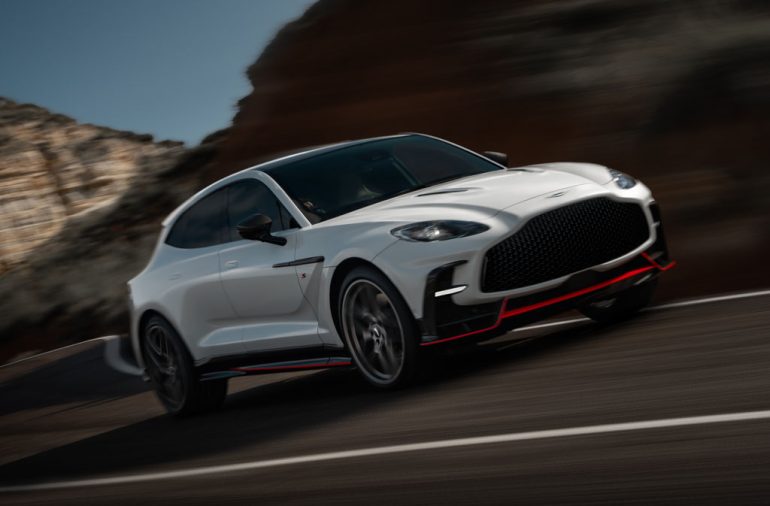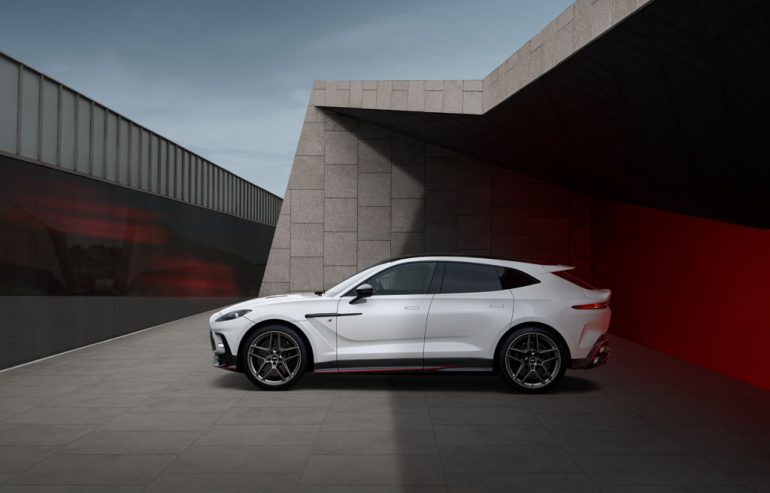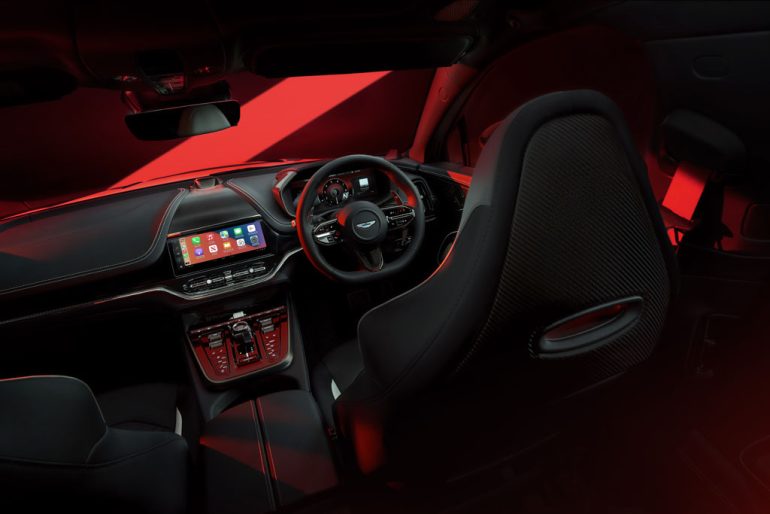Aston Martin

Aston Martin isn’t letting the ultra-luxury performance SUV game slip past its grasp. Enter the new 2026 DBX S—a sharper, slightly more aggressive evolution of the already formidable DBX707. While it doesn’t completely rewrite the SUV’s formula, it brings enough firepower and attitude to keep Aston’s flagship SUV punching in the heavyweight class, right alongside the Lamborghini Urus SE.
Let’s start with the headline: power. The familiar twin-turbo 4.0-liter V8, sourced from Mercedes-AMG, has been retuned to deliver 717 horsepower—a modest but meaningful 20-hp increase over the DBX707. This bump comes courtesy of turbocharger upgrades borrowed from the upcoming Valhalla supercar, showing how Aston continues to trickle down its high-performance tech. While the 0–60 mph time remains unchanged at 3.1 seconds, the DBX S is a touch quicker to 124 mph, and still tops out at a wild 193 mph—just 1 mph shy of the Urus SE’s peak.

Aston Martin didn’t stop with raw numbers. The DBX S gets tweaked shift mapping for its nine-speed automatic, especially in Sport and Sport+ modes. Gear changes are snappier, and revised steering geometry makes for a quicker rack and more immediate feel behind the wheel. The intelligent AWD system from the DBX707 remains, capable of shifting all torque rearward or up to 50 percent to the front, depending on conditions. The air suspension and carbon-ceramic brakes (16.5 inches front, 15.3 rear) also carry over from last year’s refresh.
But the most talked-about changes are visual and, interestingly, mostly optional. Aston revised the DBX S’s front and rear fascias, with a bolder front splitter and a cleaner, more defined rear diffuser. Still, the eye-catching highlight is a stacked, vertically oriented quad-exhaust system—two tips per side—that evoke memories of the Lexus IS F and help visually anchor the rear.

Here’s where things get a bit more complicated. Aston Martin talks up the DBX S’s diet, but it’s only on offer if you’re willing to open your wallet wide. The new 23-inch magnesium wheels, carbon fiber roof, lightweight grille, and other carbon details trim over 100 pounds from the SUV’s curb weight, bringing it to 4,846 pounds. While that’s still hefty, every bit helps when trying to wring supercar performance from a family hauler. Still, none of these weight-saving measures are standard. That means unless you tick the right (and likely expensive) boxes, your DBX S might be all bark and not much less bite than the DBX707.
That raises a philosophical question: Why introduce a new trim level where much of the improvement is à la carte? Perhaps Aston Martin is betting its buyers value exclusivity and customization over base-level spec sheets. But with the 2025 DBX707 already starting near $260,000, the fully optioned DBX S could easily surpass the $300,000 mark—putting it well into Bentley Bentayga Speed and Urus Performante territory.

Interior updates are minimal—mostly limited to new trim choices and some “S” badging—because the cabin was already overhauled in the last refresh with improved screens and updated tech. For a vehicle aimed at the one-percenters, the changes may be subtle, but Aston has clearly prioritized feel and fine-tuning over flashy gimmicks.

Deliveries of the 2026 Aston Martin DBX S are scheduled to begin in fall 2025, with full pricing expected to be announced in the coming months. In the meantime, it holds its place as one of the few ultra-luxury SUVs that hasn’t forgotten the meaning of “sport” in “sport utility vehicle.”
FOLLOW US TODAY:

